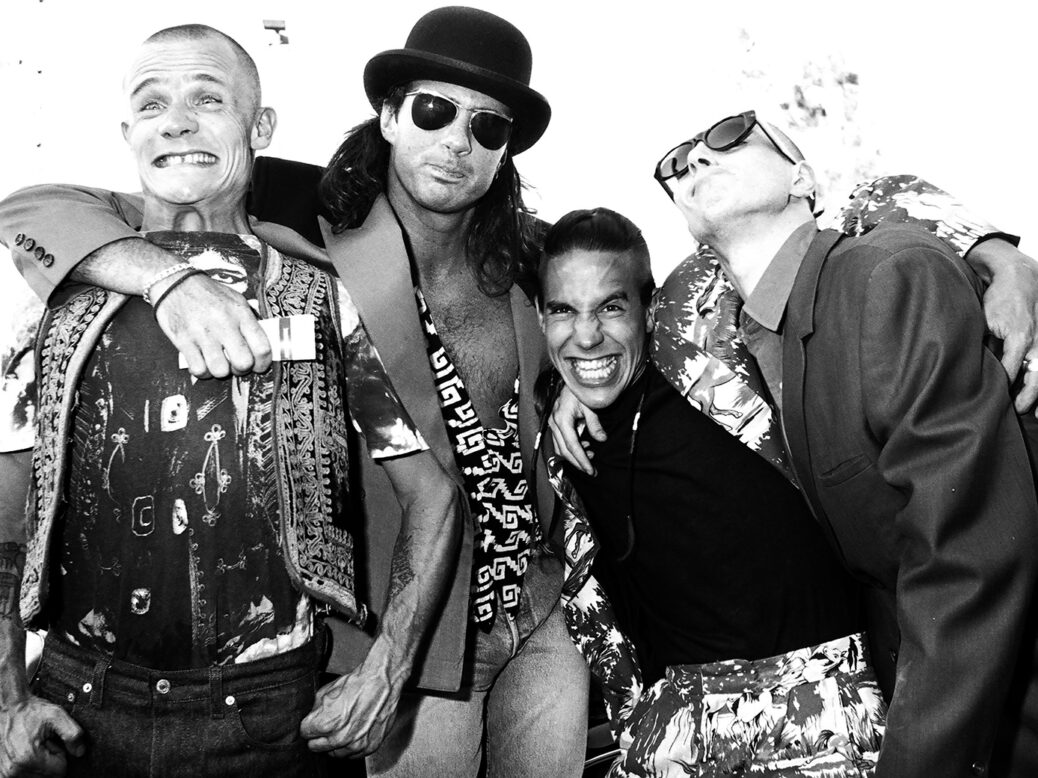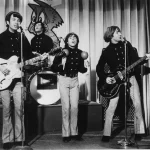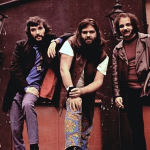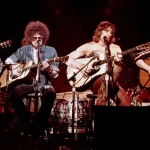“Under the Bridge” – Red Hot Chili Peppers: A Landmark of Vulnerability, Success, and Enduring Legacy
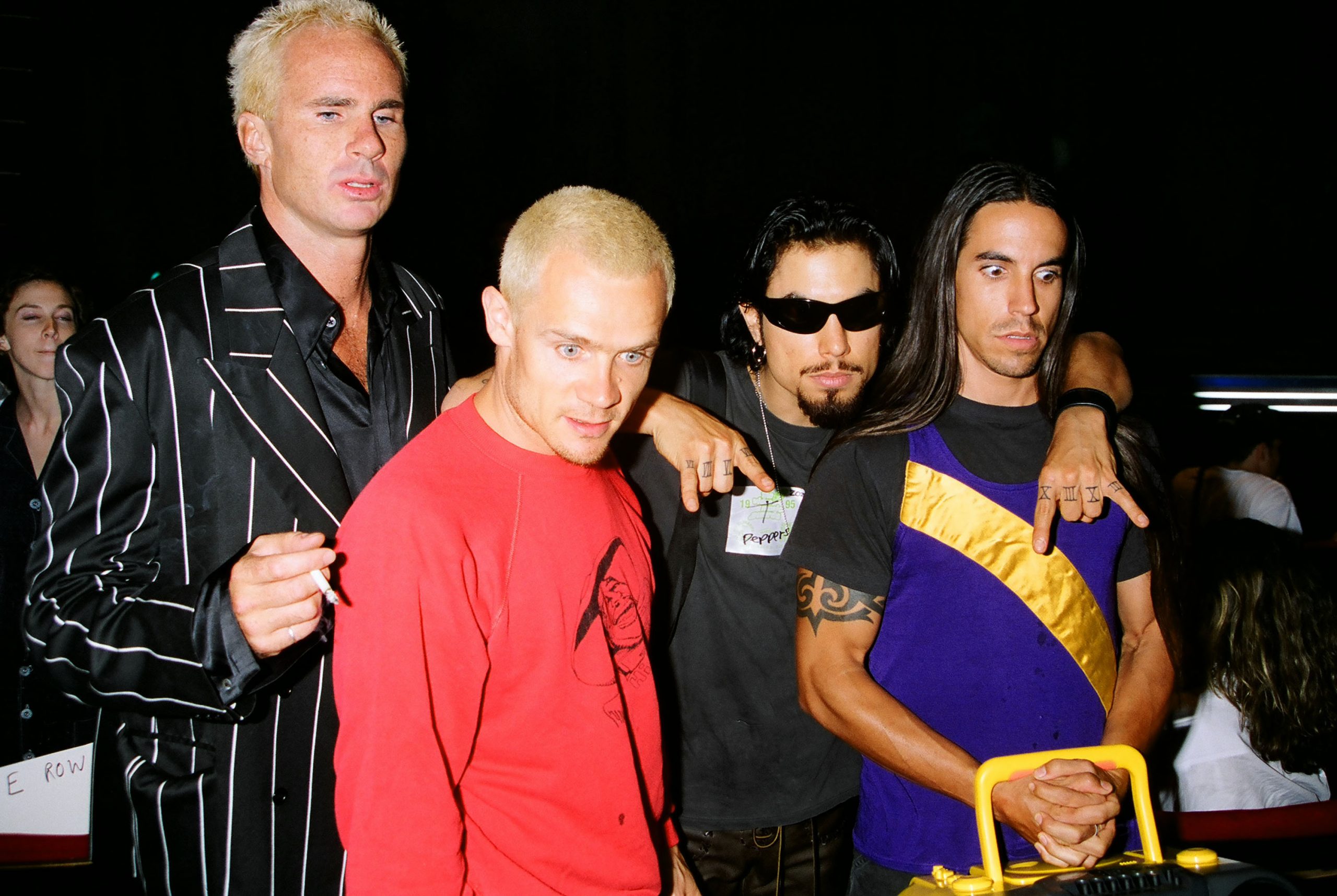
“Under the Bridge,” released in 1991 by the Red Hot Chili Peppers, stands as a pivotal moment in the band’s illustrious career. More than just a song, it’s a deeply personal confession from frontman Anthony Kiedis about his profound struggles with drug addiction and overwhelming feelings of loneliness. This track marked a significant departure from the band’s signature high-energy funk-rock sound, revealing a previously unseen layer of vulnerability and introspection that resonated far beyond their established fanbase.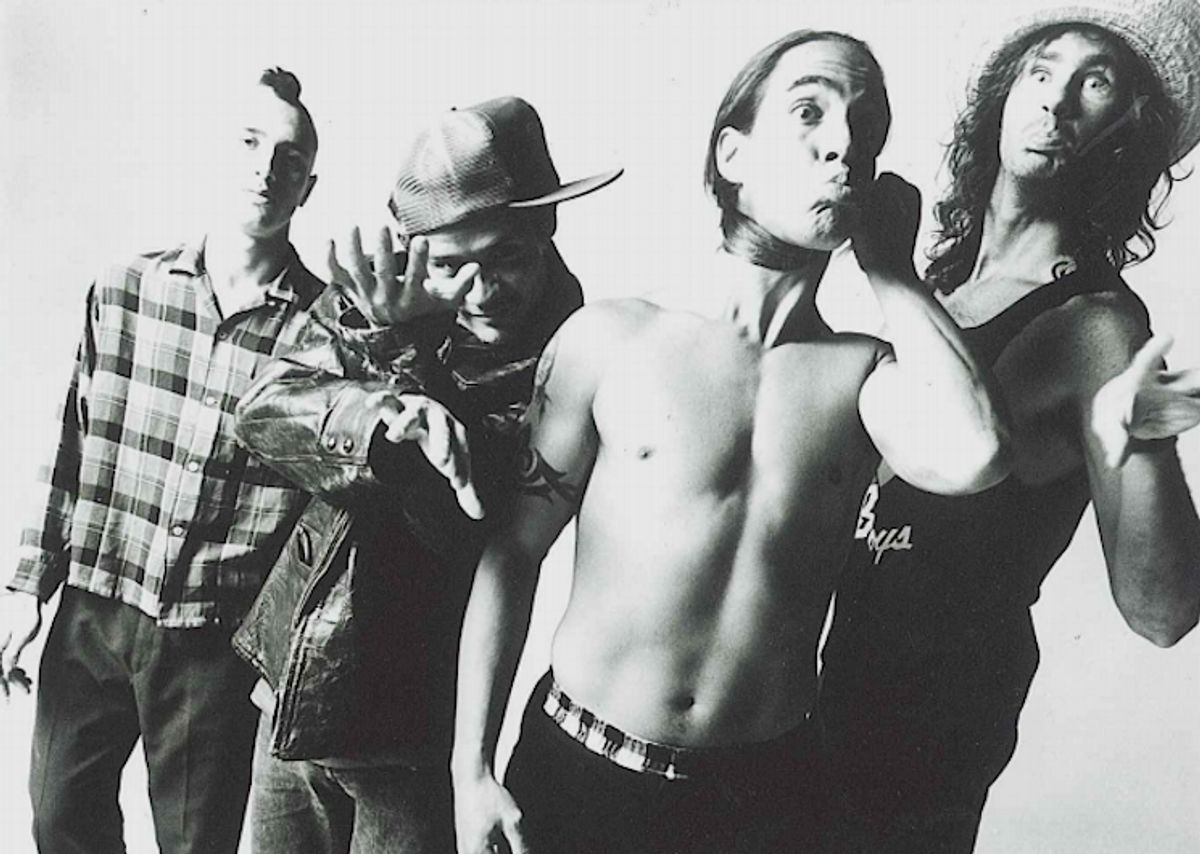
The song’s genesis is rooted in a poem Kiedis wrote during a period of intense isolation. After a prolonged period of sobriety, he found himself feeling alienated from his bandmates, who were still embracing a party lifestyle. This stark solitude led him to reflect on his past drug use and the dark allure of the streets of Los Angeles where he once found a twisted sense of belonging among fellow addicts. The lyrics, with lines like “Under the bridge downtown / Is where I drew some blood,” vividly capture the raw pain of addiction, the desperate search for connection, and the bittersweet nostalgia for a life he was trying to escape.
With its soulful acoustic melody—primarily driven by John Frusciante’s distinctive, arpeggiated guitar work—and raw, honest lyrics, “Under the Bridge” immediately captivated a wide audience. The contrast between Kiedis’s heartfelt, almost whispered verses and the powerful, anthemic chorus, backed by a gospel-infused choir, created an emotional arc that was both intimate and epic. It offered a rare glimpse into the emotional landscape of a rock star, proving that even figures of immense energy and charisma battled profound internal demons. The song’s production, overseen by Rick Rubin, perfectly balanced its raw honesty with a polished, accessible sound that allowed its emotional core to shine through.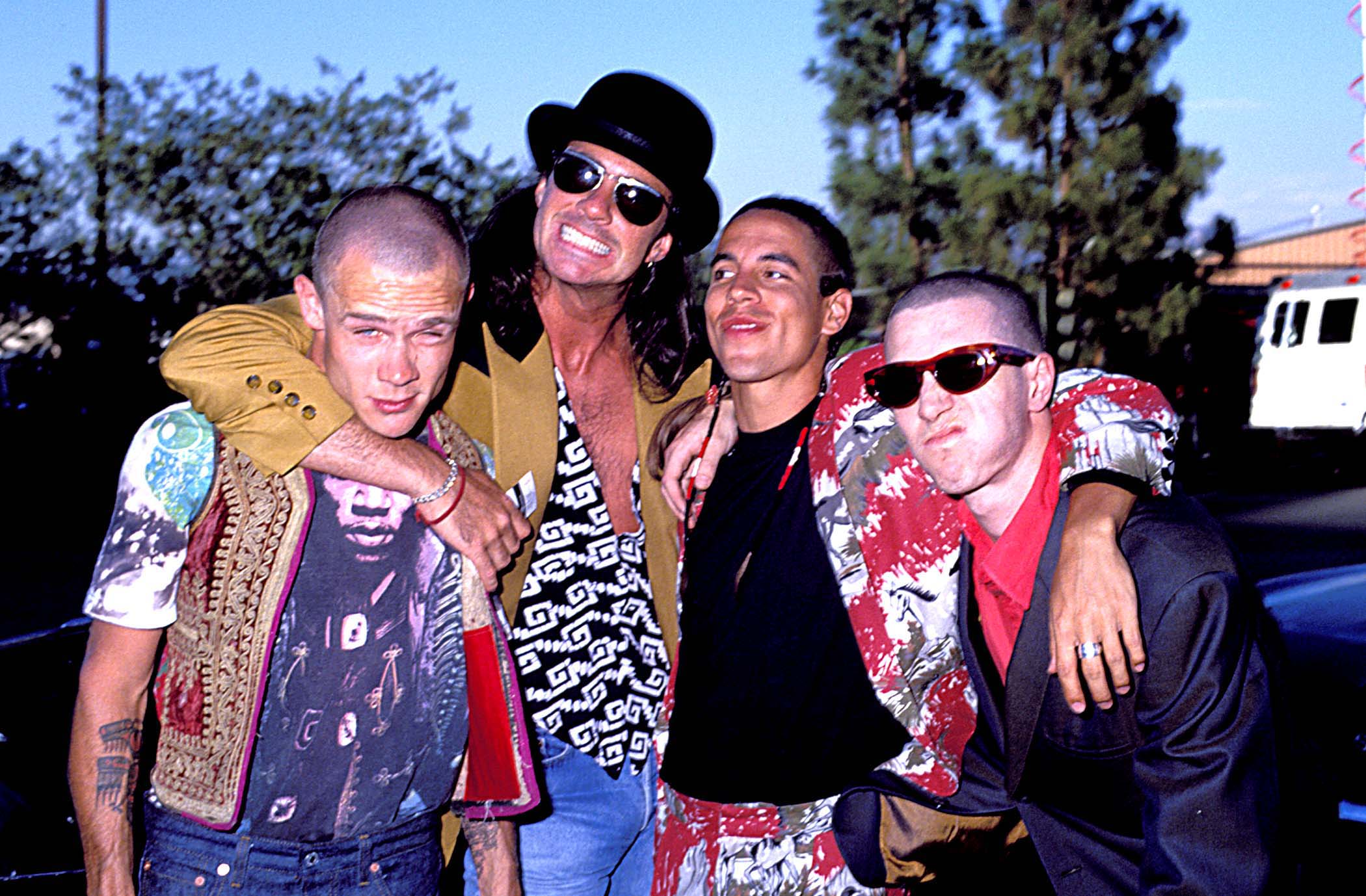
“Under the Bridge” quickly transcended its origins to become not just a massive hit single—reaching number 2 on the Billboard Hot 100—but also a timeless Alternative Rock classic. Its immense success propelled Blood Sugar Sex Magik, the album it hails from, to multi-platinum status and significantly broadened the Red Hot Chili Peppers’ mainstream appeal. It demonstrated their capacity for emotional depth alongside their renowned musical prowess, solidifying their place in music history. The song remains a powerful anthem of struggle, resilience, and the universal human search for belonging, continually connecting with new generations of listeners who find solace and understanding in its honest portrayal of vulnerability. It stands as a testament to the power of personal storytelling in music and the enduring impact of a band willing to lay bare its soul.
